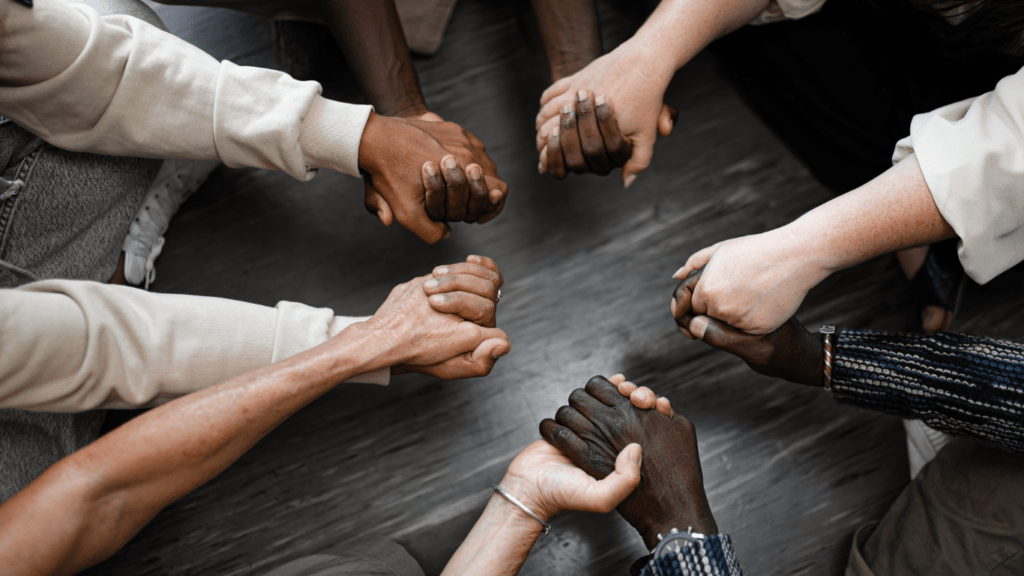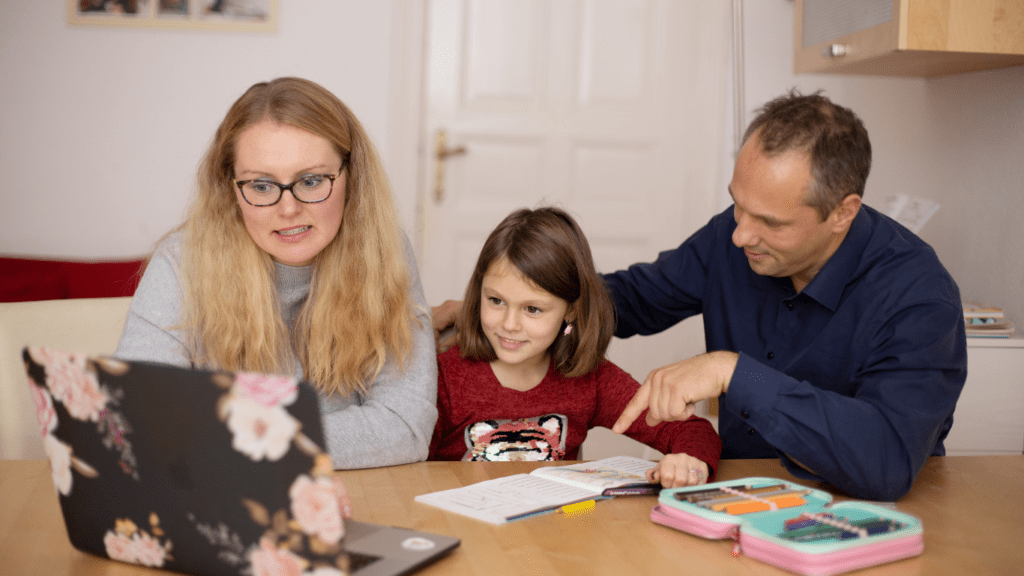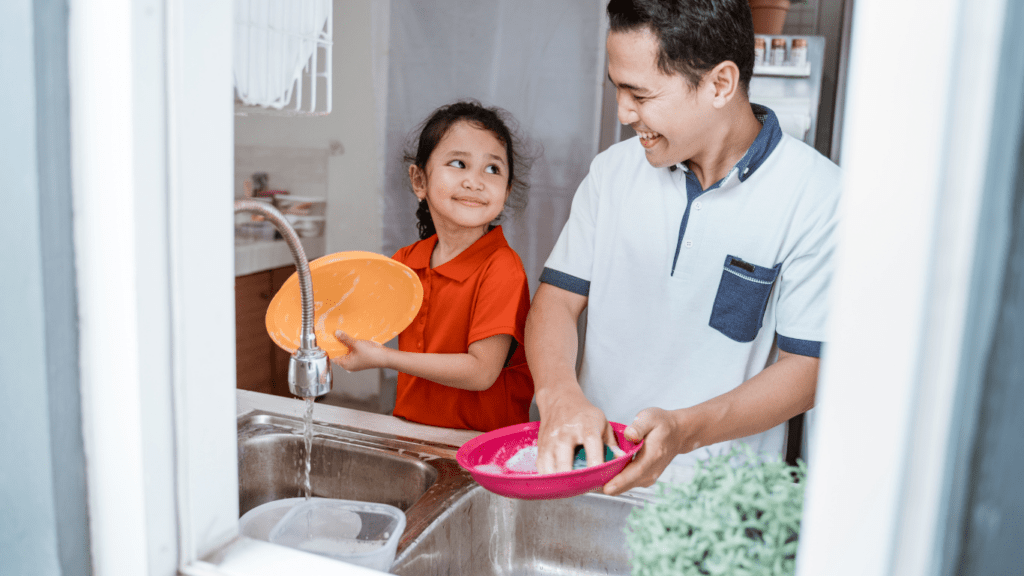Gambling can start as a fun escape but can quickly spiral into a serious problem. If you or someone you know is struggling with gambling addiction, it’s crucial to know that help is available. Finding the right resources can make all the difference in reclaiming control over your life.
In this article, I’ll explore various support options, from hotlines and counseling services to support groups and online resources. Understanding where to turn for help is the first step toward recovery. Whether you’re seeking assistance for yourself or a loved one, you’re not alone in this journey.
Let’s dive into the resources that can guide you back to a healthier path.
Understanding Gambling Addiction
Gambling addiction affects many individuals and their families. Recognizing the signs and understanding the impact is crucial for seeking help.
Signs of Problem Gambling
- Preoccupation: Constantly thinking about gambling and reliving past gambling experiences.
- Loss of Control: Struggling to control the amount of money or time spent gambling.
- Chasing Losses: Continuously returning to gambling in an effort to recoup losses.
- Neglecting Responsibilities: Failing to fulfill obligations at work, school, or home due to gambling.
- Withdrawal Symptoms: Experiencing anxiety, irritability, or restlessness when not gambling.
The Impact on Individuals and Families
- Financial Strain: Accumulating debt and experiencing severe financial hardships that may lead to bankruptcy.
- Emotional Distress: Dealing with feelings of shame, guilt, and depression as a result of gambling behavior.
- Relationship Issues: Straining relationships with family and friends due to broken trust and conflicts over gambling habits.
- Legal Consequences: Facing legal problems related to gambling behaviors, including potential criminal charges.
- Health Problems: Suffering from physical and mental health issues due to stress and anxiety linked to gambling addiction.
Available Resources for Help
Various resources exist to support individuals grappling with gambling addiction. These options range from hotlines and support groups to professional counseling services, each providing unique avenues for assistance.
Hotlines and Support Groups
Hotlines offer immediate, confidential support. National Problem Gambling Helpline, reachable at 1-800-522-4700, provides 24/7 assistance. Trained counselors can help navigate feelings of distress and direct individuals to local resources.
Support groups, such as Gamblers Anonymous, create safe spaces for sharing experiences. These groups foster connection and understanding among peers who face similar challenges. Meetings occur regularly in various locales, allowing members to learn from one another and draw strength from their collective experiences.
Professional Counseling Services
Professional counseling services enable tailored, in-depth support. Licensed therapists specializing in gambling addiction assist individuals in uncovering underlying issues and coping strategies.
Behavioral therapy, including Cognitive Behavioral Therapy (CBT), helps change harmful thought patterns tied to gambling. Research indicates that CBT significantly reduces gambling behavior over time. Additionally, many counseling centers offer affordable options and sliding scale fees to accommodate different financial situations, ensuring access for those in need.
Community-Based Support Options
Community-based support options offer various resources to help individuals struggling with gambling addiction. These local programs and peer networks play a crucial role in the recovery process.
Local Gambling Treatment Programs
Local gambling treatment programs provide specialized services tailored to address gambling addiction. Treatment centers often offer counseling, support groups, and educational workshops. Many facilities may incorporate individualized treatment plans, addressing specific needs and circumstances.
For example, the Gamblers Anonymous network lists authorized treatment facilities that provide structured environments for recovery. Community health clinics frequently partner with local organizations to deliver low-cost or sliding-scale services, ensuring accessibility for everyone in need.
Utilizing local resources helps individuals receive care that feels familiar and supportive.
Peer Support Networks
Peer support networks connect individuals facing similar challenges, fostering a sense of community and understanding. Support groups such as Gamblers Anonymous create safe spaces for members to share experiences and coping strategies.
These groups often meet regularly, either in person or online, allowing participants the flexibility to engage when convenient. Many regions also host local events and workshops aimed at raising awareness and building connections within the community.
Encouragement and shared experiences from peers can significantly enhance the recovery journey, reinforcing that no one navigates this path alone.
Online Resources and Tools
Many online resources offer additional support for individuals facing gambling challenges. These tools and platforms provide valuable information, fostering healthy habits and better understanding.
Educational Websites and Forums
Numerous educational websites serve as key resources for individuals seeking to learn about gambling addiction. Websites like Gamblers Anonymous and the National Council on Problem Gambling provide in-depth articles, personal stories, and resources.
Forums on these platforms enable users to connect, share experiences, and receive support from others facing similar challenges. The ability to communicate anonymously encourages open dialogue, making it easier to seek advice and find solace among peers.
Mobile Apps for Support and Tracking
Mobile apps provide convenient ways to manage gambling-related issues. Applications like Gamban and BetBlocker allow individuals to block access to gambling sites, promoting healthier habits.
Tracking apps, such as My Gamblers Diary, assist users in monitoring their gambling activity, helping them understand their behavior patterns. These tools empower individuals to take control of their gambling habits and make informed decisions about their recovery journey.





